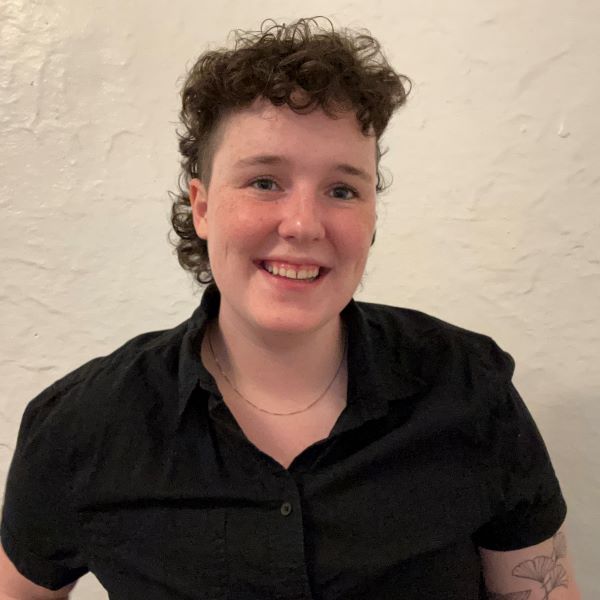Course Overview
This course is an introductory level class on international politics and the relationships between global actors. Students will engage with various theories of IR—realism, liberalism, constructivism, world systems theories, and feminism—and evaluate what these theories tell us about how the world “works”: that is, how diverse actors with diverse interests come into conflict, solve problems, and contribute to the global community we share. This course is guided by the ethos of the statement “the personal is international” and is designed to help students make sense of the increasingly interconnected world and the ways they shape and are shaped by global politics. Students will accomplish their analysis by applying theories of IR to issues that matter to them by thinking through who and what constitutes “the international,” where power is at work, and how global politics shape day-to-day life. Throughout the course, students will have the opportunity to develop projects that apply theories of international politics and relations to the larger questions they have about how the world works and who it works for. Topics covered will include international law and organizations, conflict and security, and contemporary issues of extreme political importance such as climate change, global health, migration, and human rights.
All students who successfully complete the course will receive a Certificate of Completion and have the opportunity to request a Syracuse University credit transcript.
Course Objectives
- Identify and understand the systems, actors, and institutions that constitute the realm of “global” and “international” politics.
- Define, understand, and use the key concepts of international relations in writing assignments and section discussions.
- Connect dominant theories of international relations (realism, liberalism, constructivism, world systems theories, and feminism) to current and historical events.
- Critically assess how power shapes global politics through written assignments, reflections, and other projects guided by student’s passion and interests.
Course Information
Course Prefix and Number: PSC 124
Format: On Campus (at Syracuse University)
Eligibility: Students must be of rising high school junior or senior status – or a 2025 high school graduate.
Credit: 3 credits
Grading: A-F
- Residential: $4,895
- Commuter: $3,919
Program rates are subject to change and will be approved by the board of trustees. Discounts and scholarships are also available.
Program Information
Summer College – On Campus: Experience what college is really like: take a college-level course, live in a residence hall, have meals with friends in a dining hall, and participate in activities and events on campus.
Course Dates and Details
| Program | Course Dates | Class Time (Eastern Time) | Credit/Noncredit |
|---|---|---|---|
| Summer College – On Campus | 2-Week Session II: Monday, July 20 – Friday, Aug. 1, 2025 | MTWThF; 9 a.m. – 11:30 p.m. 12:30 p.m. – 2:30 p.m. | 3 credits |
Course Requirements
Required Textbooks
- Global Politics: Applying Theory to a Complex World Mark Boyer, Natalie Hudson, and Michael Butler Second Edition ISBN: 9780197762219
Instructions on how to order the textbook TBD.
Typical Day
Tentative Schedule
Students must attend class Monday – Friday from 9 a.m. – 11:30 a.m. and 12:30 p.m – 2:30 p.m. on campus.
A typical day will include a mix of lecture, in class activities, and hands-on workshops. Typically, the mornings will start with class discussions and lecture on the theoretical material being covered during that unit. Then, students will break into groups to work through the material together. After breaking for lunch, students will return for an afternoon session dedicated to a hands-on workshop that applies course content to contemporary problems in global politics.
When class is over, and on weekends, students can look forward to various Summer College – On Campus activities to meet and connect with other students! Check out our On Campus Experience page for more information!
Faculty Bios
Mary McLoughlin

Mary is a PhD student at Syracuse University studying international relations and American politics with a focus on gender and sexuality. Their research centers on understanding the transnational movement against transgender rights and how that movement takes shape across the political spectrum. As an instructor, they are energized by hands-on learning driven by student passion and interest and are excited to make politics accessible to all who are interested.
